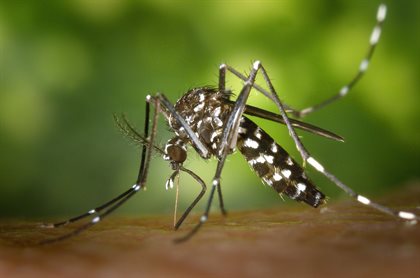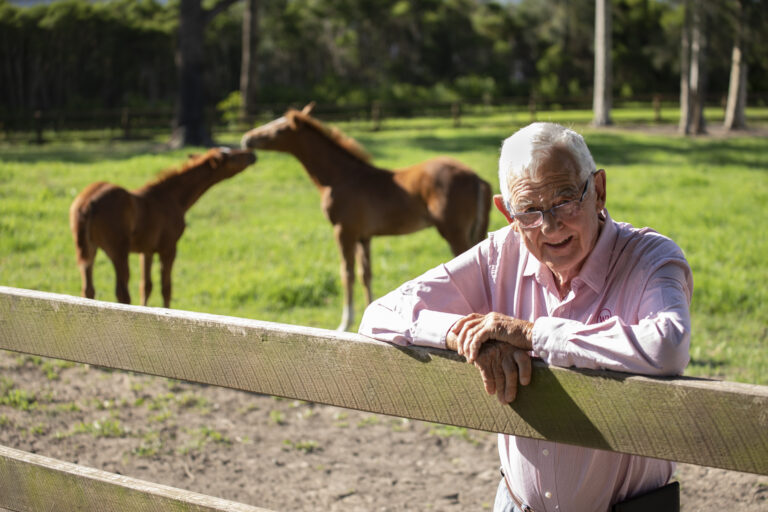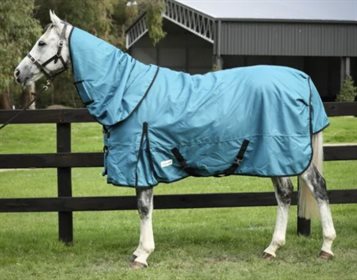West Nile Virus-Kunjin strain is a deadly disease transmitted by mosquito bites.
By Equestrian Life/Ellie Jolley
A horse in the Adelaide Hills is showing symptoms of the West Nile Virus-Kunjin strain, according to the Department of Primary Industries and Regions.
The initial testing could not reveal if the antibody of the deadly disease transmitted by mosquitos is from a recent infection, or if the horse came into contact with the disease years ago.
Additional testing is underway and owners in the South Australian region are being urged to monitor their horses for symptoms of the WNV/KUN strain.
In a statement, the Department of Primary Industries and Regions said the current warm and wet summer climate near Adelaide has created ideal breeding conditions for mosquitos.
“Horse owners should consider what actions they can take to manage mosquitoes on their property including removal or treatment of any potential mosquito breeding areas, such as pot plants or water tanks.”
“Additionally, horse owners can undertake measures such as rugging them in the evening and mornings when the insects are at their highest numbers and the use of an insecticide to help reduce mosquito bites.”
“While the majority of WNV/KUN virus infections cause no clinical signs or a very mild disease occasionally it can cause a severe neurological disease in horses.”
The Department of Primary Industries and Regions explains that animals must be bitten by a mosquito that is carrying the virus in order to become infected, and it cannot be spread from horse to horse.
“There is no animal-to-animal spread These viruses are transmitted by mosquitoes and on rare occasions can cause serious disease in both humans and horses.”
Early signs of the disease in horses include symptoms similar to colic. Horses may also appear depressed, reluctant to move, and display signs of ataxia such as unsteadiness on their feet.
If a horse does show signs of the virus, owners are urged to contact their veterinarian immediately.
READ THE LATEST NEWS ARTICLES HERE









